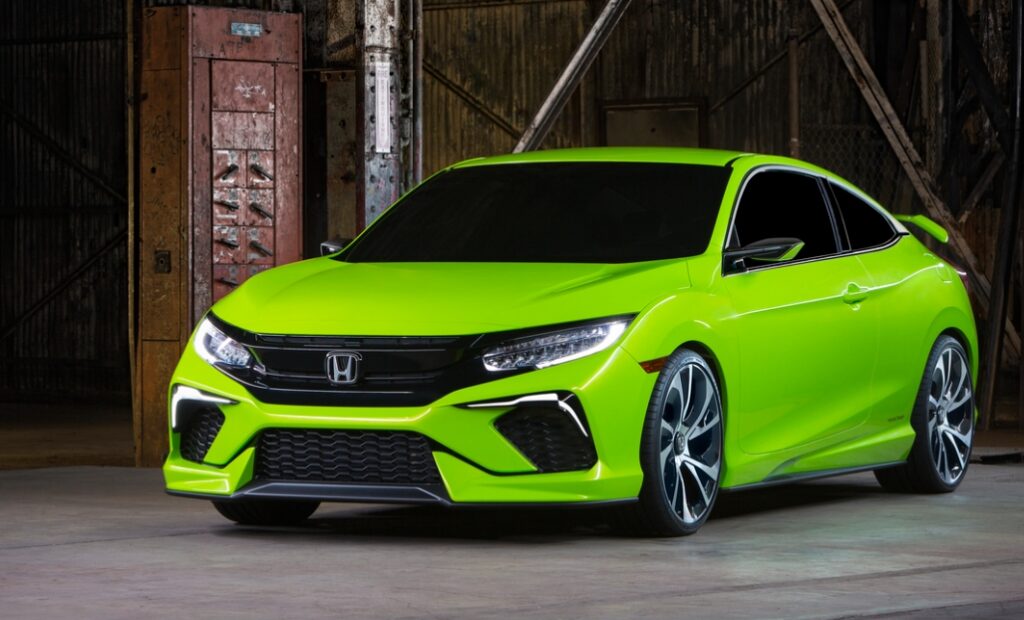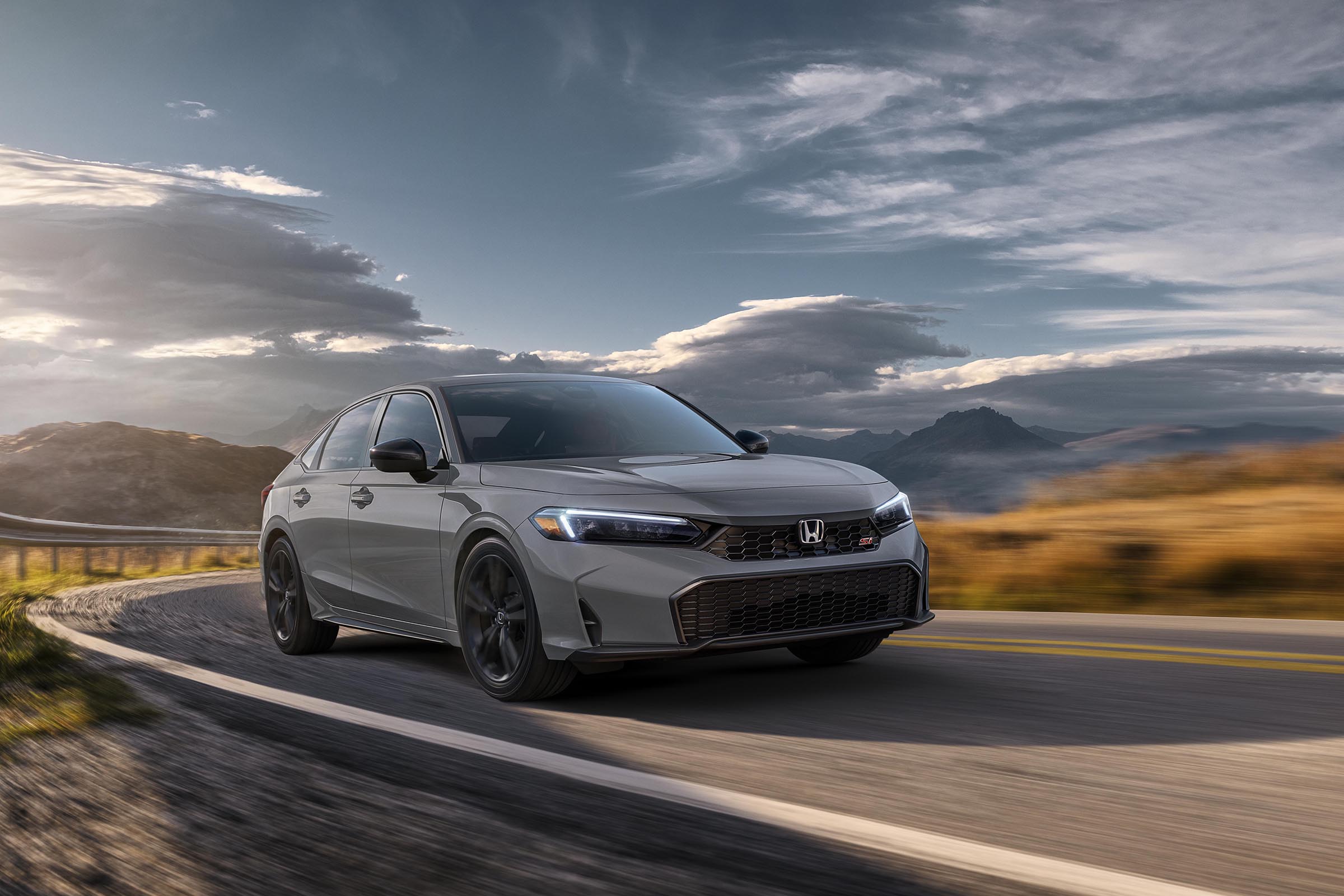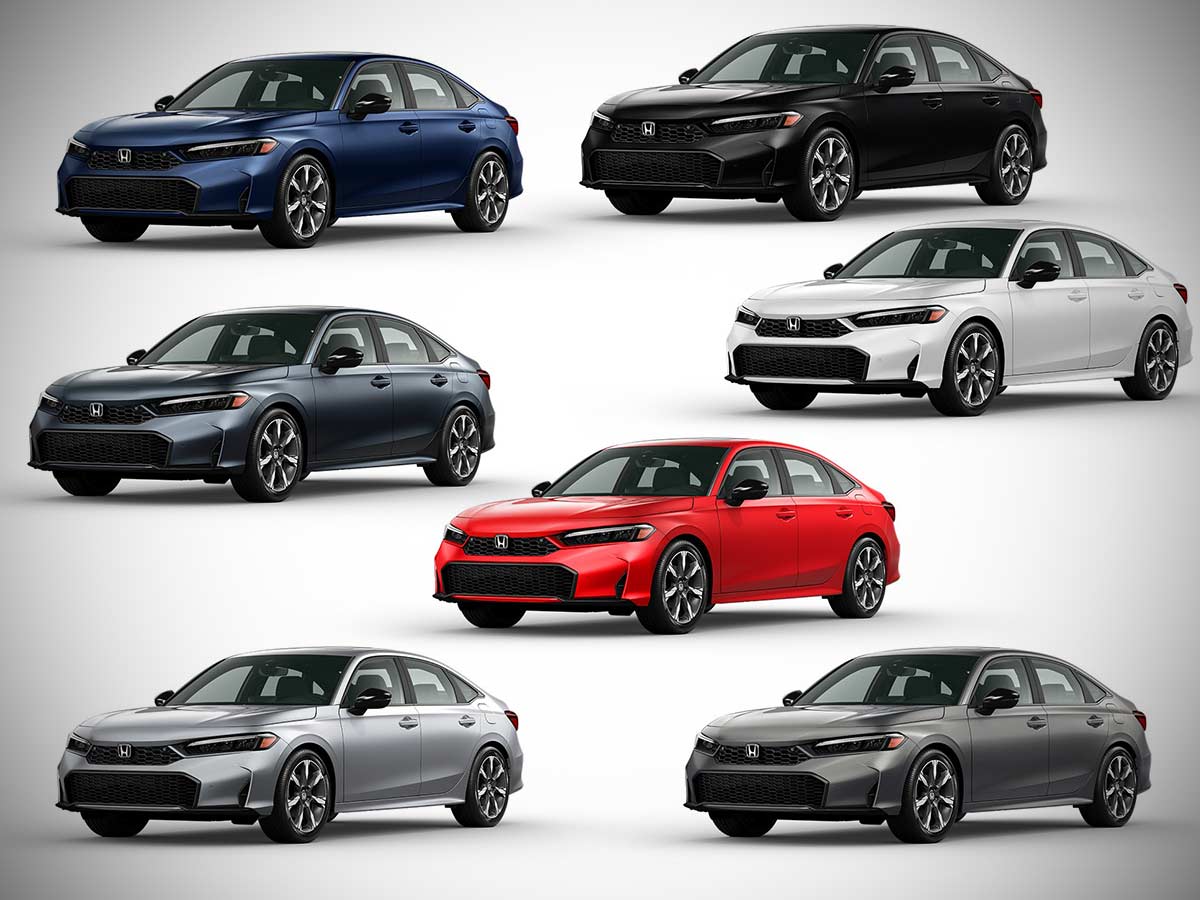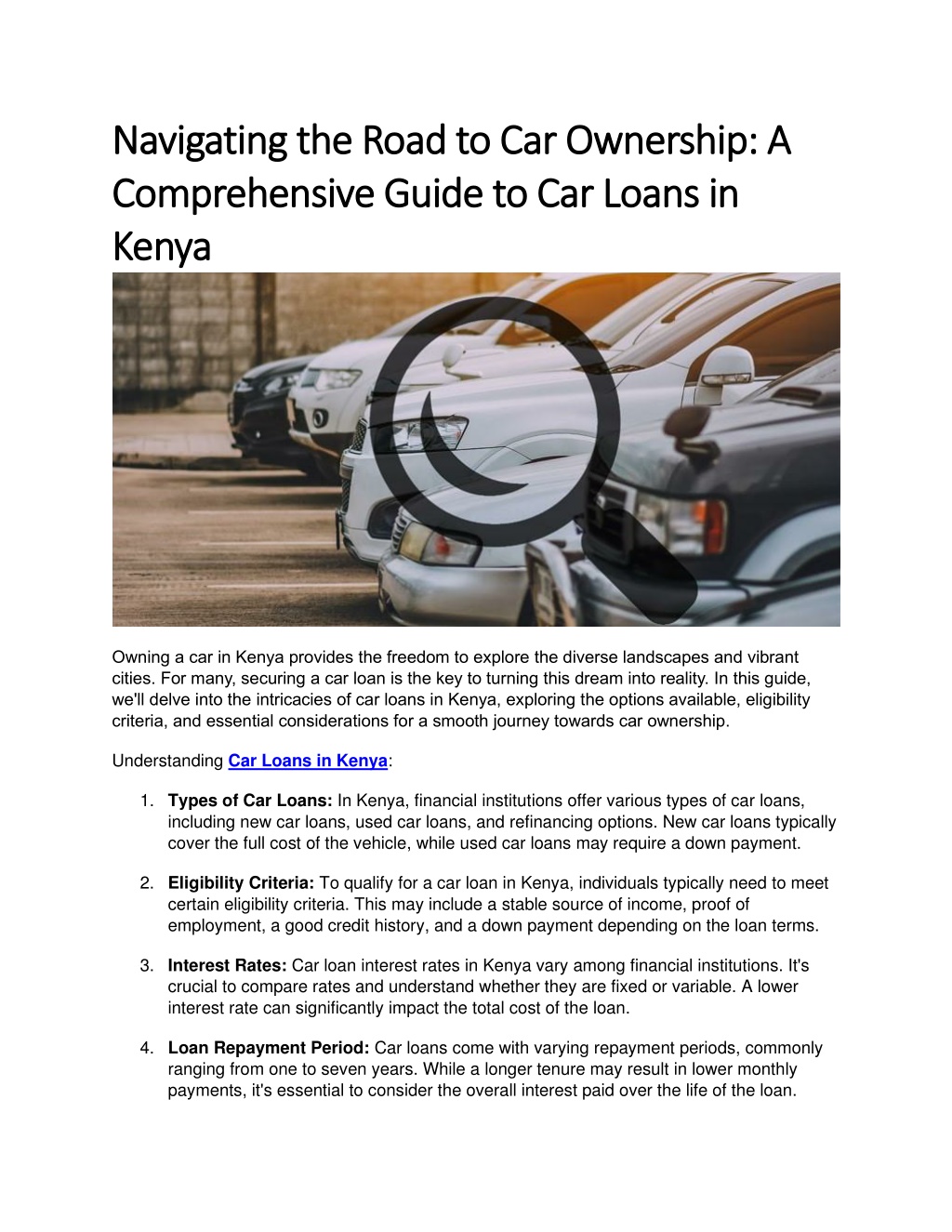Navigating The Road To Ownership: 2025 Honda Civic Interest Rates And Financing Options
By admin / June 4, 2024 / No Comments / 2025

Navigating the Road to Ownership: 2025 Honda Civic Interest Rates and Financing Options
The 2025 Honda Civic, with its sleek design, advanced technology, and fuel-efficient performance, promises to be a compelling choice for car buyers. But beyond the sticker price lies the often-overlooked world of financing, where interest rates play a crucial role in determining the true cost of ownership. This article delves into the intricacies of 2025 Honda Civic interest rates, exploring the factors influencing them, comparing financing options, and equipping you with the knowledge to secure the most favorable terms for your purchase.
Factors Influencing Interest Rates: A Complex Web
Interest rates are not fixed entities; they fluctuate based on a multitude of economic and individual factors. Understanding these factors is essential for making informed financing decisions.
- The Federal Reserve: The Federal Reserve, the central bank of the United States, sets the benchmark interest rate, known as the federal funds rate. This rate influences borrowing costs across the economy, including auto loans. A higher federal funds rate generally translates to higher interest rates for car loans.
- Credit Score: Your credit score is a numerical representation of your creditworthiness, reflecting your history of borrowing and repayment. A higher credit score indicates a lower risk to lenders, resulting in lower interest rates. Conversely, a lower credit score suggests a higher risk, leading to higher interest rates.
- Loan Term: The length of your loan term impacts your interest rate. Longer loan terms generally result in lower monthly payments but often come with higher overall interest costs due to a longer period of accruing interest.
- Loan Amount: The amount you borrow also affects your interest rate. Larger loan amounts may come with slightly higher interest rates, reflecting the increased risk for the lender.
- Vehicle Type and Age: The type and age of the vehicle you’re financing can influence interest rates. New vehicles typically have higher interest rates compared to used vehicles, reflecting the perceived risk associated with newer models.
- Dealer Incentives: Dealerships may offer special financing incentives, including lower interest rates, to attract buyers. These incentives can vary depending on the dealership, the time of year, and the specific vehicle model.
- Current Economic Conditions: The overall economic climate can influence interest rates. During periods of economic uncertainty, lenders may become more cautious, leading to higher interest rates.
Understanding Interest Rate Types: APR vs. APY
Two key terms often used interchangeably, but with distinct meanings, are APR and APY.
- APR (Annual Percentage Rate): This represents the total cost of borrowing expressed as a yearly percentage. It includes the base interest rate plus any fees associated with the loan, such as origination fees or closing costs.
- APY (Annual Percentage Yield): This refers to the effective annual rate of return on an investment, taking into account the compounding of interest. APY is typically used for savings accounts or certificates of deposit, not auto loans.
Exploring Financing Options: From Traditional Loans to Alternative Solutions
When it comes to financing a 2025 Honda Civic, you have several options to consider, each with its own advantages and disadvantages.
- Traditional Auto Loans: These are the most common type of financing, offered by banks, credit unions, and online lenders. They provide a fixed interest rate and monthly payment for the duration of the loan term.
- Dealer Financing: Car dealerships often offer their own financing options, sometimes with lower interest rates or special incentives. However, it’s essential to compare rates and terms with other lenders to ensure you’re getting the best deal.
- Lease Financing: Leasing allows you to drive a new Honda Civic for a fixed period with a monthly payment. At the end of the lease term, you have the option to return the vehicle, purchase it at a predetermined price, or lease a new vehicle.
- Private Loans: If you have a strong relationship with a family member or friend, they might be willing to offer a private loan with a lower interest rate. However, this option should be approached with caution, ensuring clear terms and agreements are in place.
Securing the Best Interest Rate: A Proactive Approach
Finding the best interest rate for your 2025 Honda Civic requires proactive steps and careful consideration.
- Improve Your Credit Score: A higher credit score is the single most important factor in securing a lower interest rate. Take steps to improve your credit score by paying bills on time, keeping credit utilization low, and avoiding unnecessary credit applications.
- Shop Around for Loans: Don’t settle for the first loan offer you receive. Compare rates and terms from multiple lenders, including banks, credit unions, online lenders, and dealerships.
- Consider Loan Term: A shorter loan term generally leads to lower overall interest costs, but it also results in higher monthly payments. Evaluate your financial situation and choose a term that fits your budget and financial goals.
- Negotiate with Dealers: Don’t be afraid to negotiate with dealerships on financing terms. Ask about available incentives and special financing offers.
- Consider Pre-Approval: Getting pre-approved for a loan from a bank or credit union before visiting dealerships can provide you with leverage during negotiations.
Understanding the True Cost of Ownership: Beyond Interest Rates
While interest rates are a significant factor in determining the true cost of ownership, it’s important to consider other expenses as well.
- Down Payment: A larger down payment reduces the loan amount, potentially leading to a lower interest rate.
- Insurance: Car insurance premiums can vary significantly based on factors such as your driving record, age, and vehicle type.
- Maintenance and Repairs: Regularly scheduled maintenance and unexpected repairs can add up over time, impacting your overall ownership costs.
- Fuel Costs: Fuel efficiency is a key consideration for any car purchase. The Honda Civic’s fuel economy can help minimize fuel costs over the long term.
Conclusion: A Journey Towards Informed Ownership
Financing a 2025 Honda Civic requires careful planning and a thorough understanding of interest rates and financing options. By improving your credit score, shopping around for loans, and considering all aspects of ownership costs, you can make an informed decision that aligns with your financial goals and secures the best possible terms for your purchase. Remember, responsible borrowing and a proactive approach can pave the way to a smooth and affordable journey towards owning your dream vehicle.







